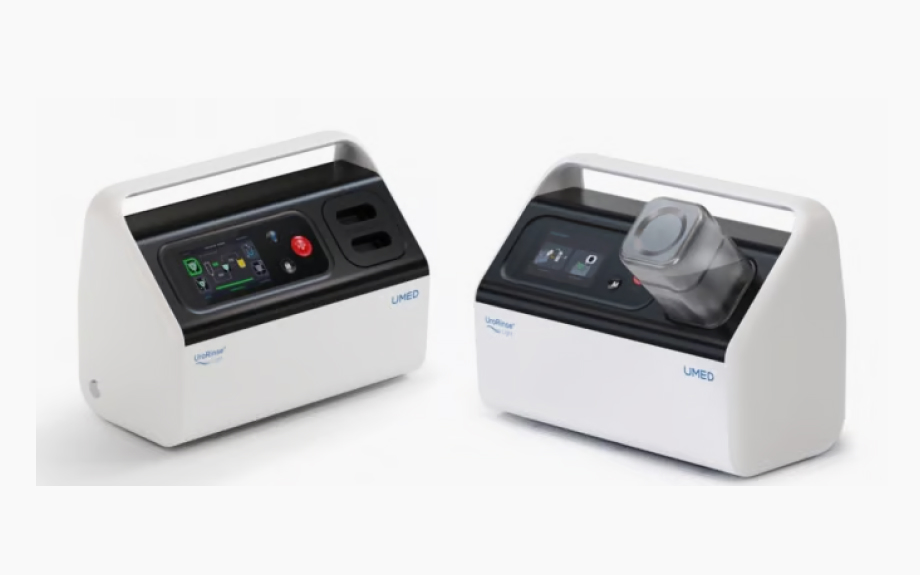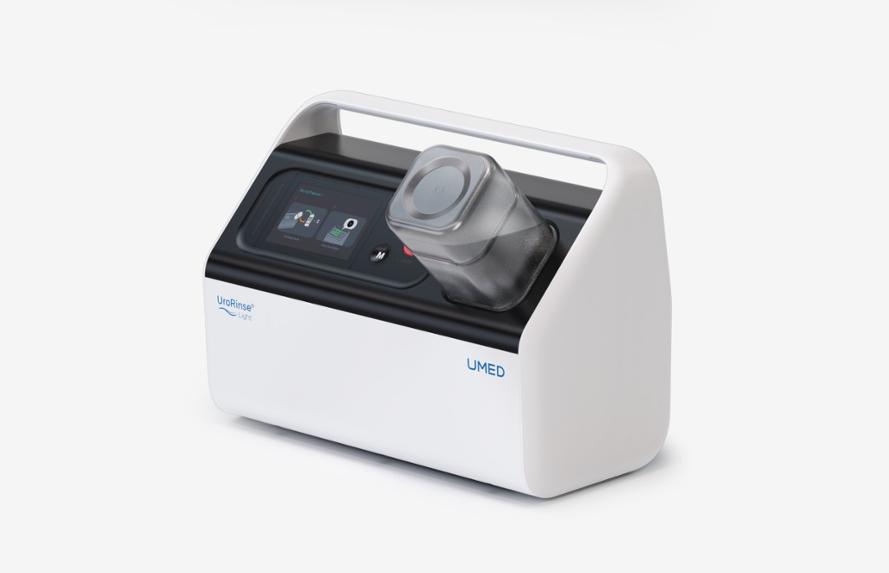
UMED Inc. (CEO Steve Myungchan Park) has drawn attention as the preclinical research results of its world-first automated intermittent bladder irrigation system, UroRinse®, were published in the prestigious SCI journal Urology®, a leading authority in the field of urology.
The study, conducted in collaboration with the medical team at the University of California San Diego (UCSD), demonstrated that UroRinse®could be an effective tool in preventing and potentially treating catheter-associated urinary tract infections (CAUTIs). The research paper, titled "Development and Validation of an Automated Intermittent Bladder Irrigation System for the Prevention of Catheter-Associated Urinary Tract Infections: A Preclinical Study Using a Porcine Model", was published in Urology® (Gold Journal), a top-tier publication in the field.
With the urgent need to develop new technologies to prevent infections, Eurinx's automated cleaning process is seen as a much more efficient infection control alternative to traditional manual methods."With healthcare costs for CAUTIs reaching $300-400 million annually in the U.S. alone," said study lead author UCSD Professor Mahadevan Raj Rajasekaran, "automated infection prevention systems like Eurinx will play a critical role in reducing healthcare costs and improving patient safety."
Dr. Raj Rajasekaran, UCSD: "A New Standard in Catheter Infection Prevention" - Professor Mahadevan Raj Rajasekaran of UCSD, corresponding author of the study, stated, "In the U.S. alone, CAUTIs contribute to $300–400 million in annual healthcare costs. Innovative prevention systems like UroRinse® can play a key role in reducing costs while improving patient safety." He added, "This preclinical study confirmed the safety and efficacy of UroRinse®. I believe it has the potential to become a new standard for preventing catheter-related infections in clinical settings."
Domestic Regulatory Approval in Progress, Global Expansion Set for 2026 - UMED has completed domestic regulatory testing and aims to obtain full approval within the year. Starting next year, the company plans to begin the FDA approval process for entry into the U.S. market. UMED will present UroRinse® to a global audience at CES 2025, the world’s largest consumer electronics show, in Las Vegas this January as part of the Korea Pavilion. Dr. Steve Myungchan Park, CEO of UMED and Professor of Urology at Inje University Haeundae Paik Hospital, stated, "Until now, effective prevention of catheter-associated infections has been very limited. This successful preclinical study and publication in a top-tier journal are meaningful milestones that validate the global potential of UroRinse® as a preventive solution." He added, "We are committed to bringing this technology to market as quickly as possible to help patients worldwide suffering from catheter-related infections."
Revolutionizing Infection Control with Automation and Home-Care Capability - UroRinse® offers a breakthrough solution by automating intermittent bladder irrigation, moving beyond conventional passive infection control approaches. It significantly reduces the workload of healthcare professionals while enhancing infection prevention. Designed for use not only by medical staff but also by patients and caregivers, UroRinse® is well-suited for home-care environments. This expands its market potential, aligning with the growing trend of remote and at-home treatment. Based on the success of this study, UMED aims to solidify its leadership in CAUTI prevention and prove its competitiveness in the global medical device market, extending its impact beyond Korea.






